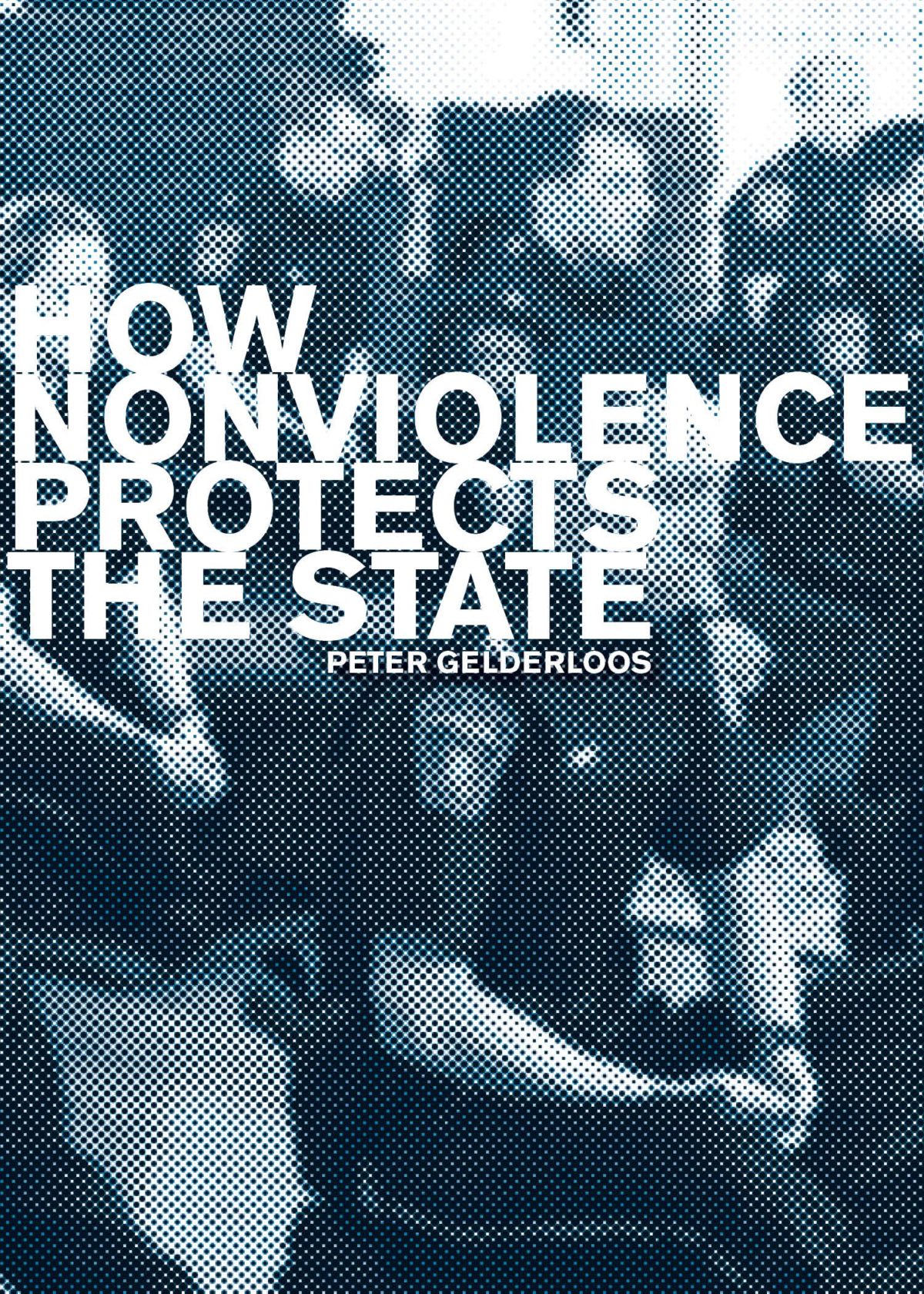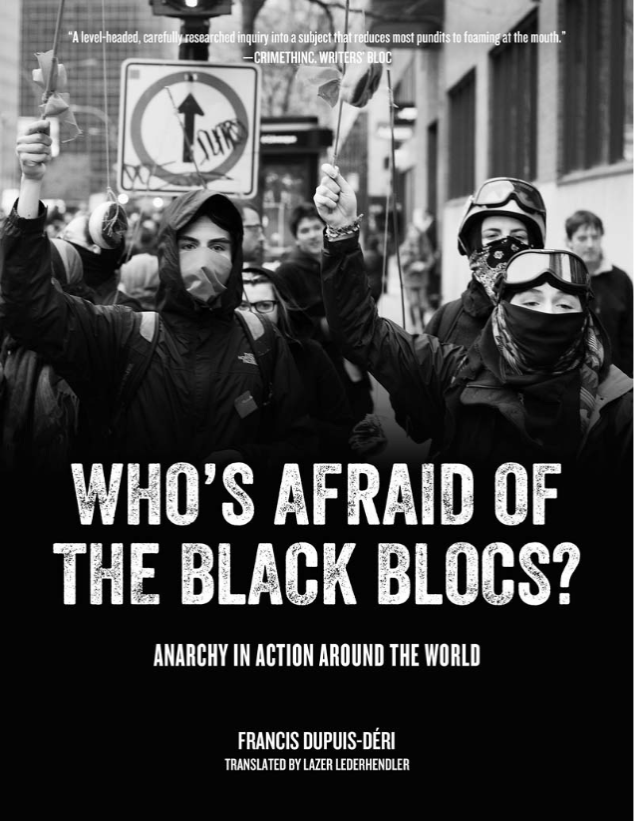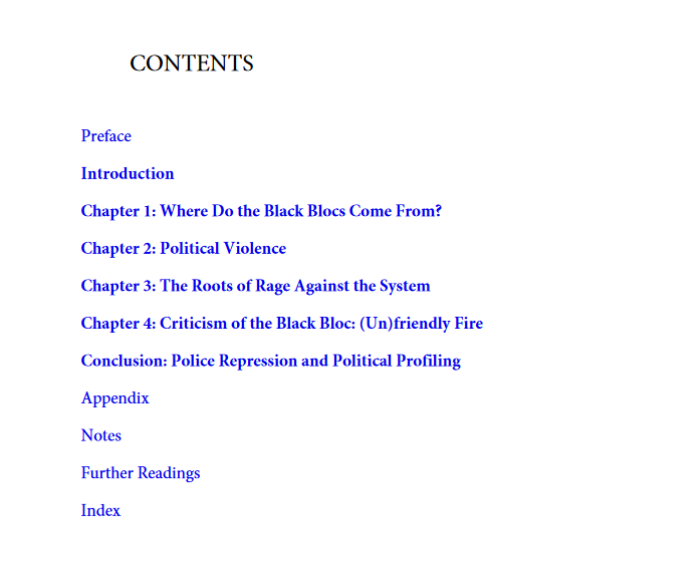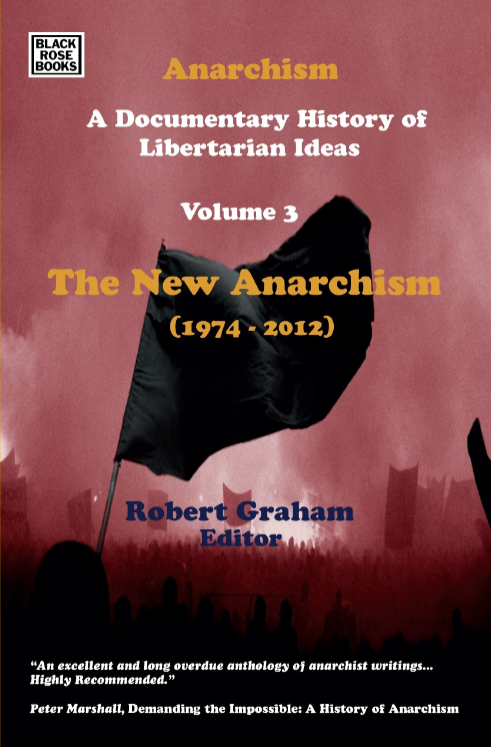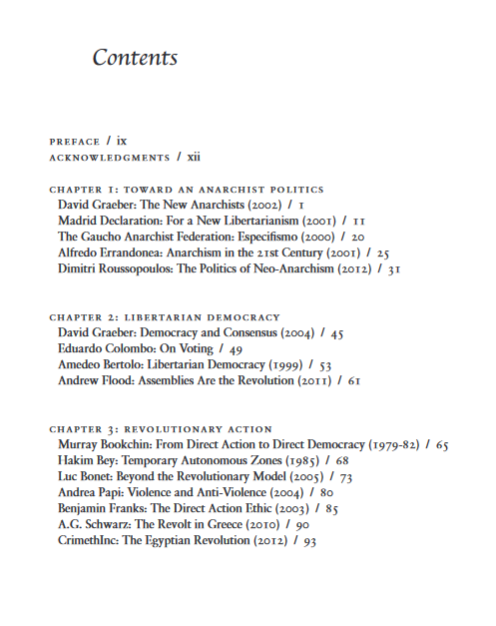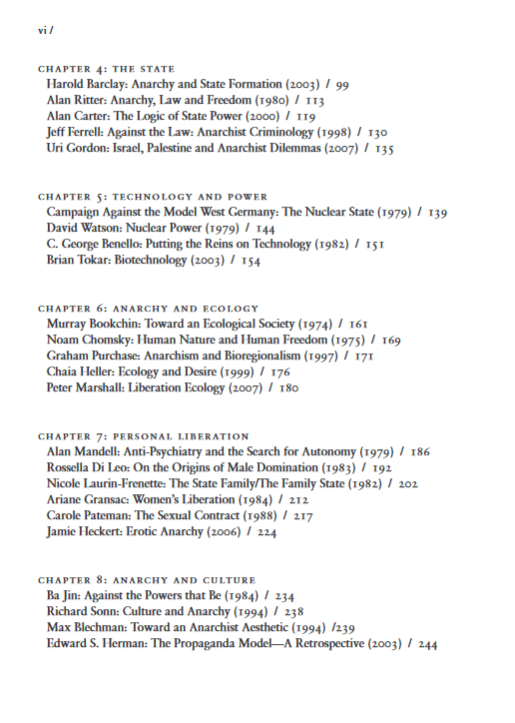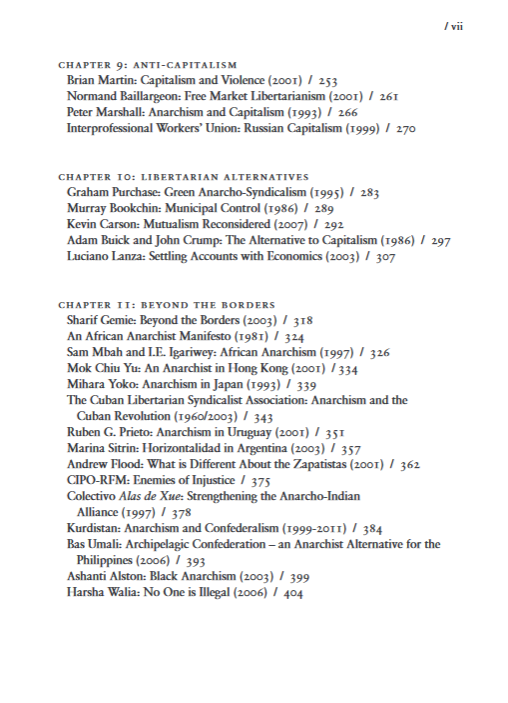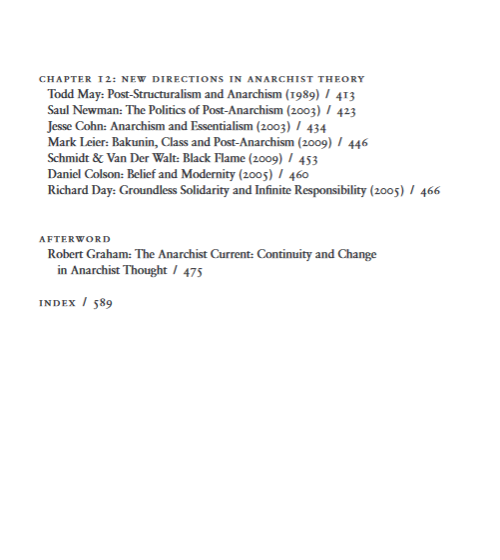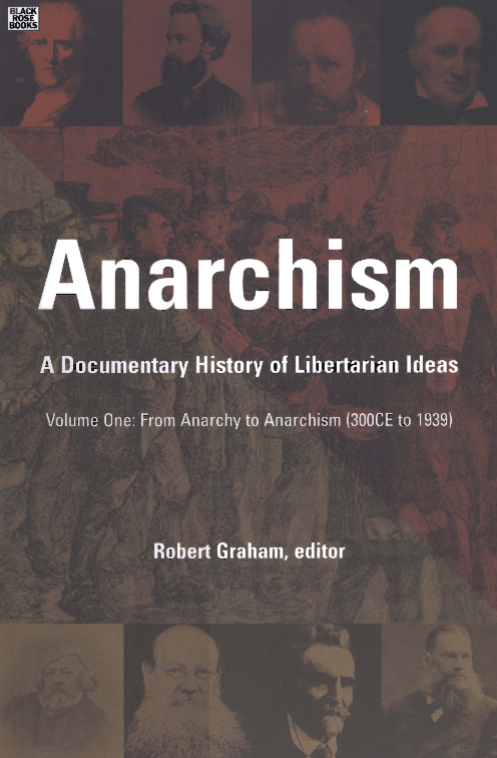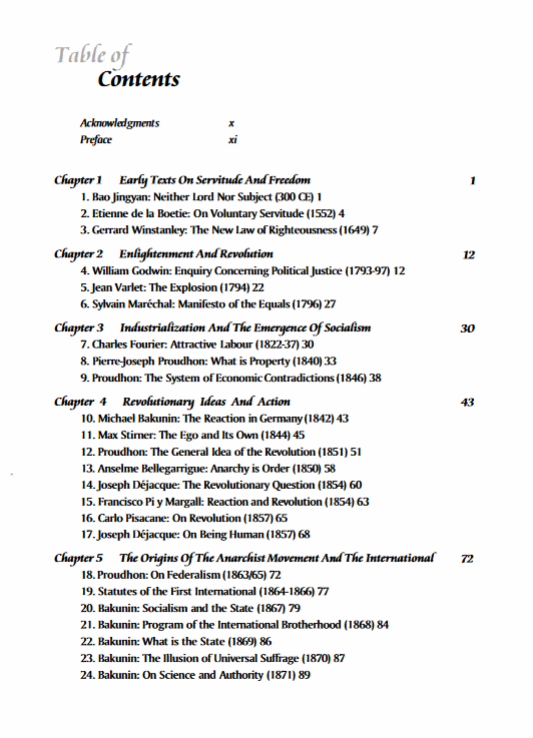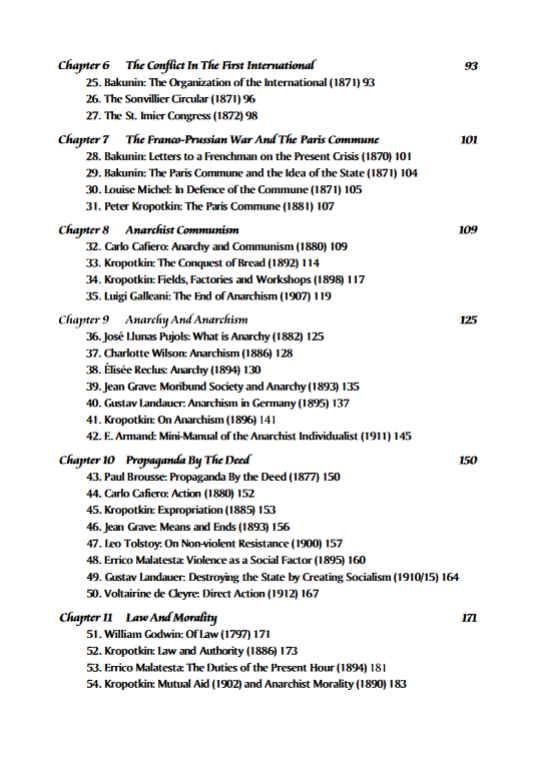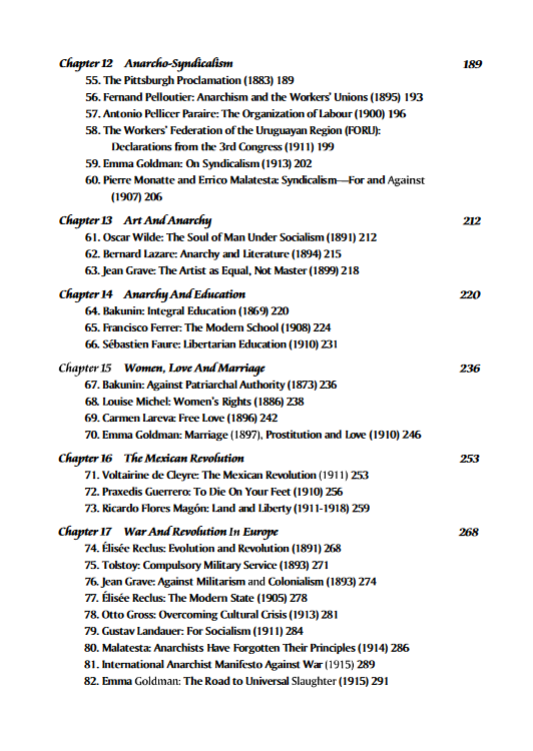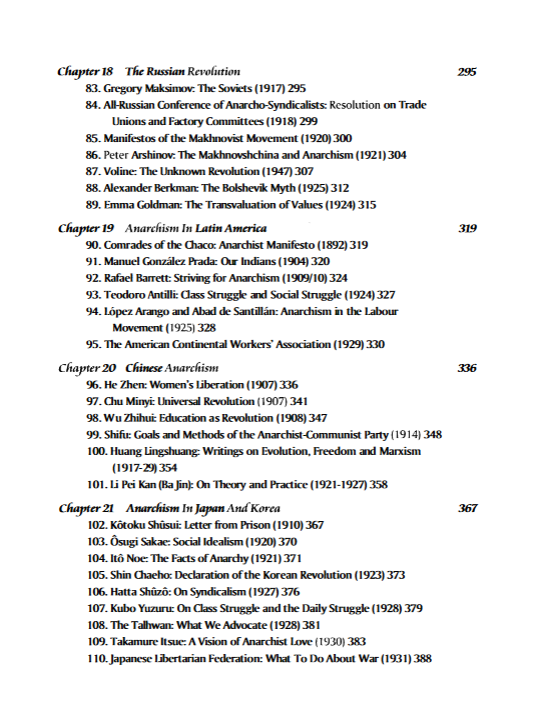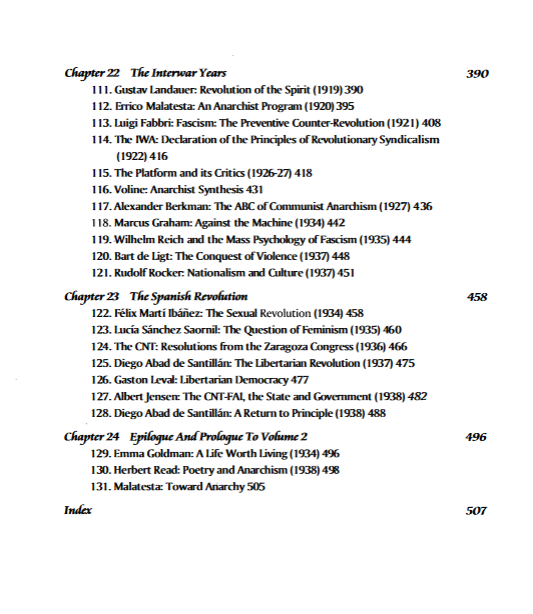Author(s)
Contents
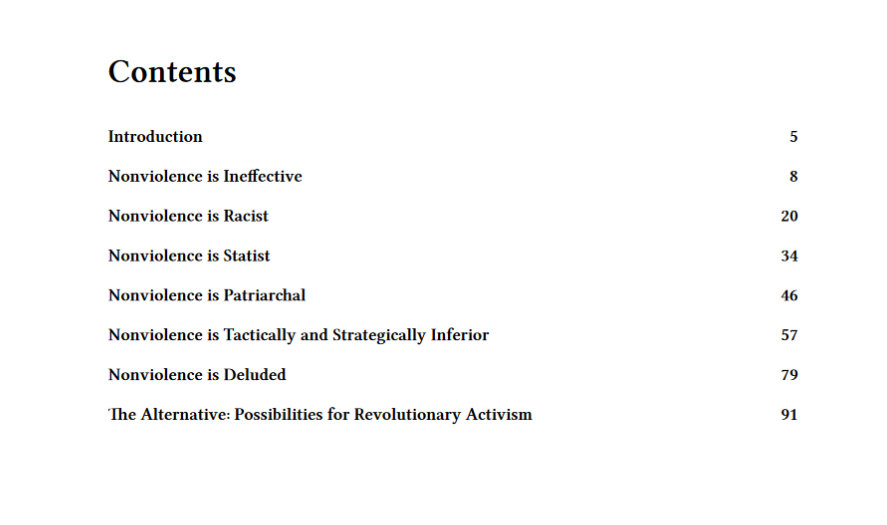
“Because of the hegemony advocates of nonviolence exert, criticisms of nonviolence are excluded from the major periodicals, alternative media, and other forums accessed by anti-authoritarians. Nonviolence is maintained as an article of faith, and as a key to full inclusion within the movement.
Anti-authoritarians and anti-capitalists who suggest or practice militancy suddenly find themselves abandoned by the same pacifists they’ve just marched with at the latest protest. Once isolated, militants lose access to resources, and they lose protection from being scapegoated by the media or criminalized by the government. Within these dynamics caused by the knee-jerk isolation of those who do not conform to nonviolence, there is no possibility for a healthy or critical discourse to evaluate our chosen strategies.
[…] This book will show that nonviolence, in its current manifestations, is based on falsified histories of struggle. It has implicit and explicit connections to white people’s manipulations of the struggles of people of color. Its methods are wrapped in authoritarian dynamics, and its results are harnessed to meet government objectives over popular objectives. It masks and even encourages patriarchal assumptions and power dynamics. Its strategic options invariably lead to dead ends. And its practitioners delude themselves on a number of key points.
Given these conclusions, if our movements are to have any possibility of destroying oppressive systems such as capitalism and white supremacy and building a free and healthy world, we must spread these criticisms and end the stranglehold of nonviolence over discourse while developing more effective forms of struggle.”
Peter Gelderloos
Leave a comment below with a valid email adress (it will not be published) to request this book.
